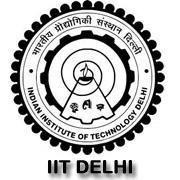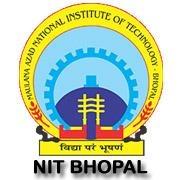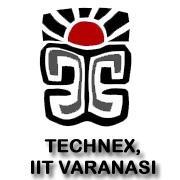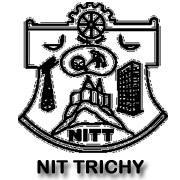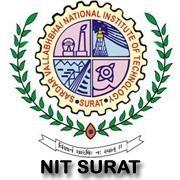



Artificial Intelligence (AI, also machine intelligence, MI) is intelligence displayed by machines, in contrast with the natural intelligence (NI) displayed by humans and other animals. In computer science AI research is defined as the study of "intelligent agents": any device that perceives its environment and takes actions that maximize its chance of success at some goal. Artificial intelligence is the simulation of human intelligence processes by machines, especially computer systems. These processes include learning (the acquisition of information and rules for using the information), reasoning (using the rules to reach approximate or definite conclusions), and self-correction. Particular applications of AI include expert systems, speech recognition and machine vision.
Machine Learning is a type of artificial intelligence (AI) that provides computers with the ability to learn without being explicitly programmed. Machine learning focuses on the development of computer programs that can change when exposed to new data. The process of machine learning is similar to that of data mining. Both systems search through data to look for patterns. However, instead of extracting data for human comprehension -- as is the case in data mining applications -- machine learning uses that data to detect patterns in data and adjust program actions accordingly. Example: Facebook's News Feed uses machine learning to personalize each member's feed.
Topics to be covered in Workshop (20% Theory & 80% Hands-On Session)
Module 1
Module 2
Module 3
Module 4
Projects covered –
Duration: The duration of this workshop will be two consecutive days, with eight hour session each day in a total of sixteen hours properly divided into theory and hands on sessions.
Certification Policy:
Eligibility: There are no prerequisites. Anyone interested, can join this workshop.

















